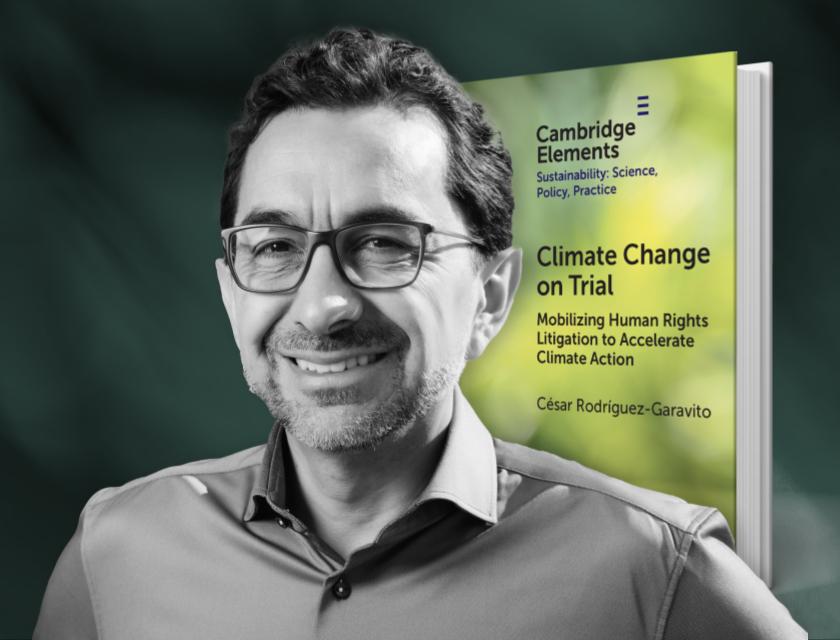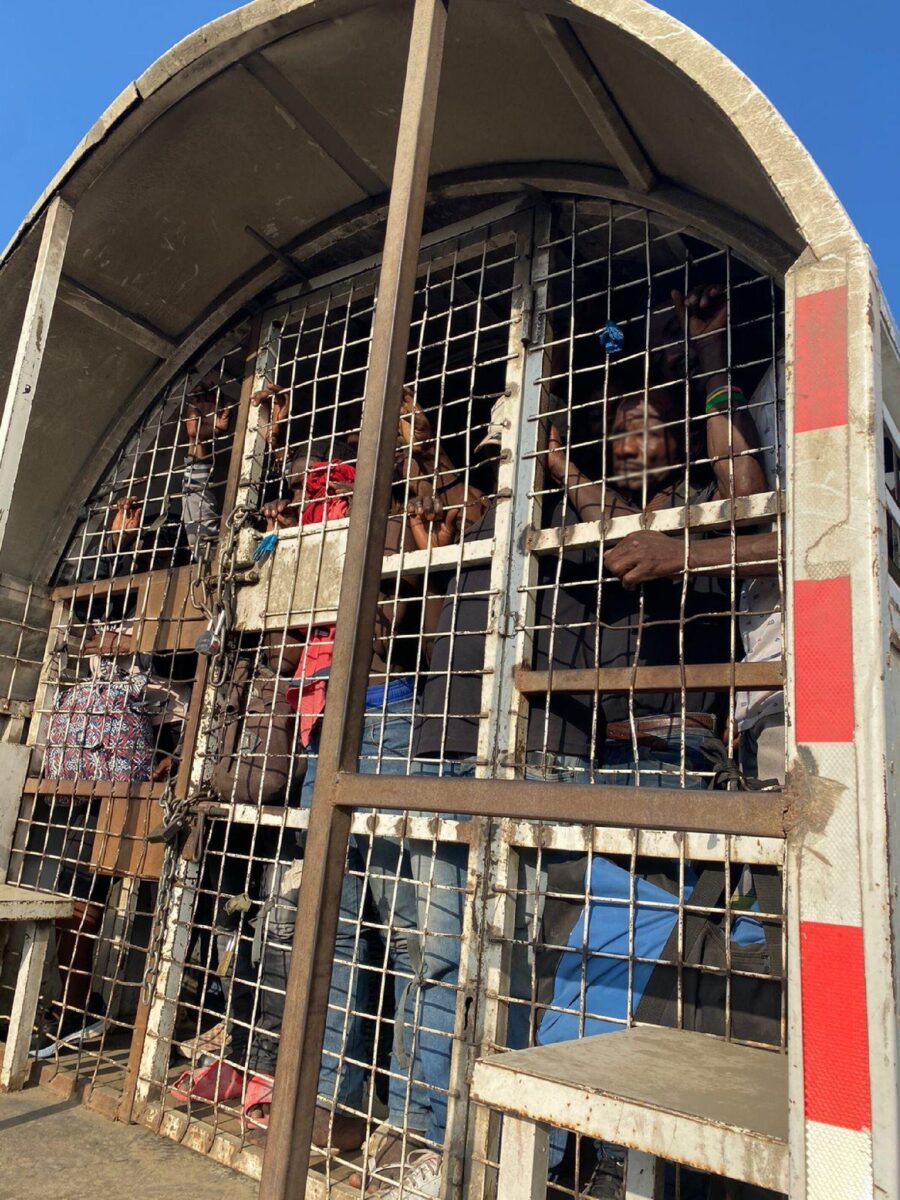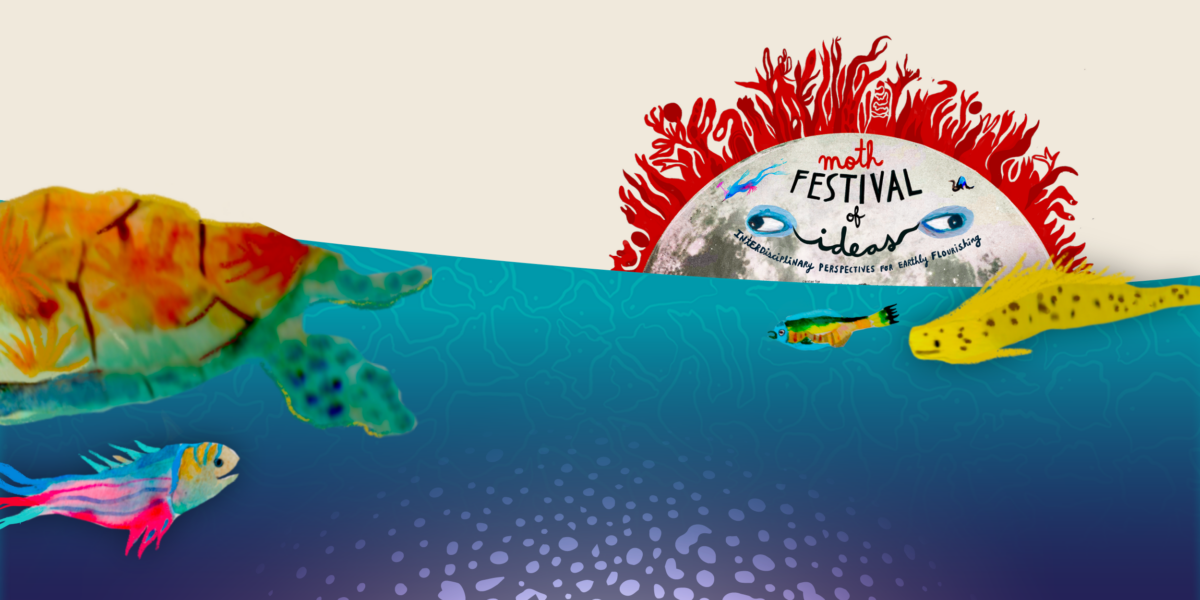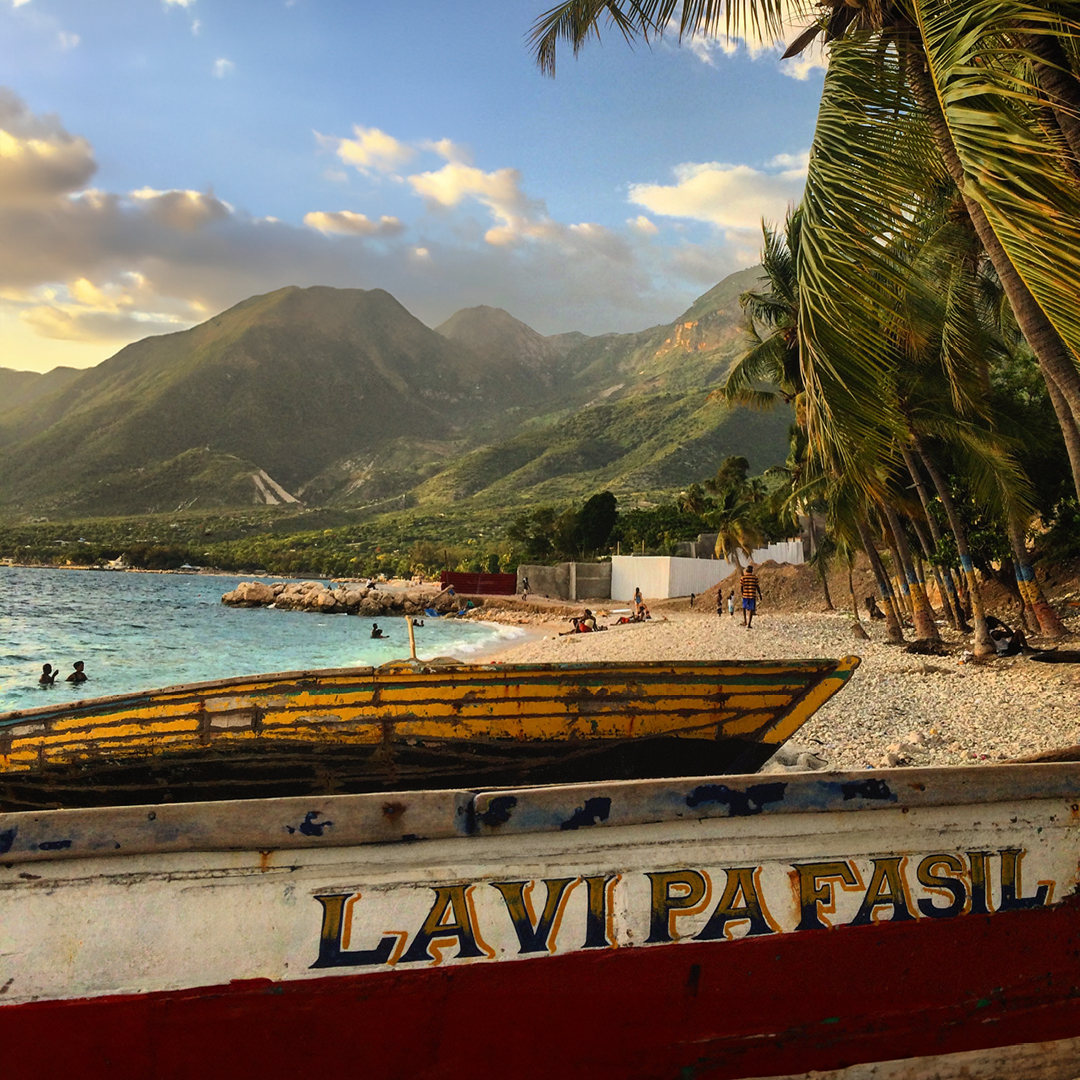CLIMATE AND ENVIRONMENT
Climate Change on Trial: Landmark book and educational toolkit on rights-based climate law by César Rodríguez-Garavito
Can human rights help combat climate change? A global wave of climate litigation says yes, with a new book and initiative from the Climate Law Accelerator at NYU Law spotlighting the evolution and power of rights-based legal action.

In the face of accelerating climate breakdown, a new global trend has taken shape: climate litigation rooted in human rights law. As one of the most closely watched and fast-growing legal strategies for climate action – culminating in the advisory opinions released this summer by the Inter-American Court of Human Rights and the International Court of Justice – it’s reshaping how courts, governments, and communities respond to the climate crisis.
Against this historic backdrop, the Climate Law Accelerator (CLX) at NYU Law is stepping into the global spotlight with Founding Director César Rodríguez-Garavito’s landmark new book and accompanying educational initiative — one that traces the arc of a rights-based revolution and explores how human rights are shaping the future of climate justice.
Climate Change on Trial: Mobilizing Human Rights Litigation to Accelerate Climate Action is now available as an open-access publication from Cambridge University Press. This is the first comprehensive analysis of the rise of rights-based climate litigation worldwide, and it arrives at a pivotal moment when the highest courts on the planet are issuing groundbreaking opinions that could shape climate governance for decades to come.
Drawing on original interviews, fieldwork, and data from CLX’s original rights-based global case database, the book traces the twenty-year rise of rights-based climate litigation across jurisdictions, highlighting both the direct and symbolic impacts of legal mobilization in the Anthropocene.
“The story of rights-based climate litigation vividly displays the potential of human rights concepts and strategies in dealing with the existential challenges of the Anthropocene—from climate change to biodiversity loss to toxic pollution,”
César Rodríguez-Garavito
More than a book, Climate Change on Trial is also the centerpiece of a forward-looking educational initiative aimed at supporting students, educators, lawyers, and advocates. The accompanying initiative, all hosted by the CLX Toolkit, includes:
- Video explainers and multimedia content
- A post-script to Climate Change on Trial
- A strategic litigation tracker and global case database
These resources are designed to empower the next generation of climate advocates and deepen engagement at the intersection of law, human rights, and climate governance.







